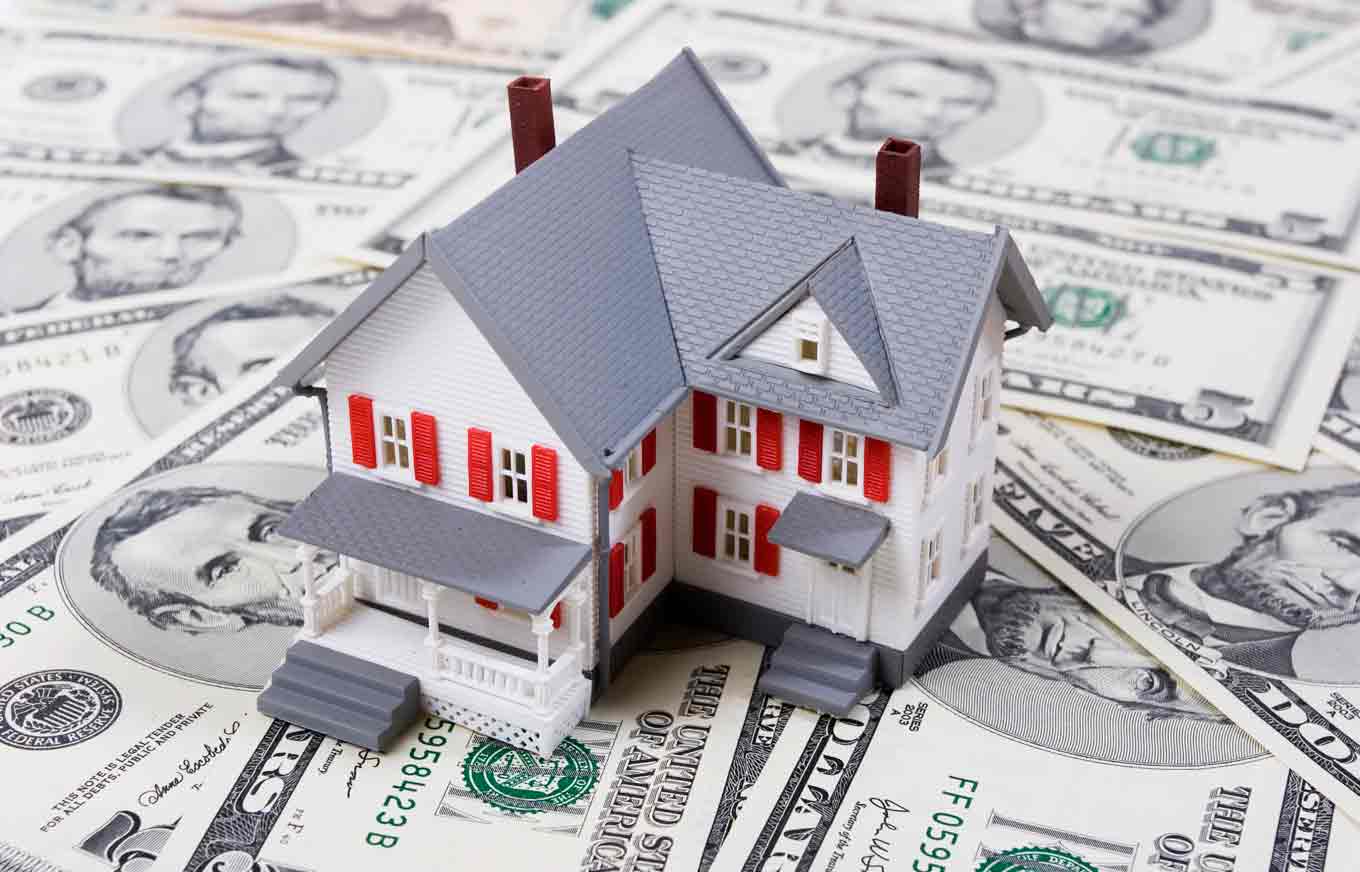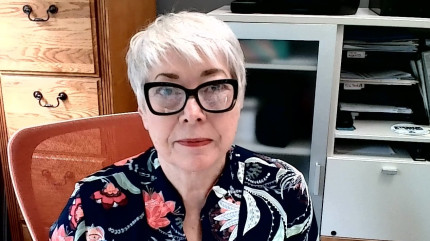What’s The Average Down Payment To Buy A House?
The first thing people think about when they think of a mortgage is the down payment. But how much do you really need to put down on a house? We’re going to look into the typical down payment homebuyers can expect.

What is the Average Down Payment?
The amount of money to put down on a house will depend on several factors such as the price of the home and the type of home loan you qualify for. Gone are the days of needing to have at least a 20% down payment to get approved for a mortgage. There are special programs that offer low and no down payment at all. Conventional and Jumbo loans could require a down payment as high as 20% or more.
What is a Down Payment?
A down payment is a percentage of the purchase price the borrower needs to pay in cash, the rest is financed. For example, if you buy a $200,000 home and you need a 5% down payment, you will need $10,000 down. The other $190,000 will come from the lender. The amount of money you put down on a house has an effect on your mortgage payment. The more money you bring to the table means you’ll be financing less and have a lower monthly payment.
Where Your Down Payment can Come From
You’re not allowed to use a loan for your down payment. It must come from your savings account, 401k, or investment account. Some mortgage programs allow the down payment to be a gift from a friend or family member. To avoid PMI without 20% down consider an 80/10/10 piggyback mortgage. A piggyback loan is a separate loans, one for 80%, one for 10% and a 10% down payment.
Conventional Loans | 5% – 20% Down Payment
Conventional loans are mortgages that are not backed by the Government. They are issued by private lenders and later sold to Fannie Mae or Freddie Mac. Conventional loans usually require between a 5%-20% down payment. A benefit of using a conforming loan is that PMI is not required if you put at least 20% down.
FHA Loans | 3.5%-10%
FHA home loans are Government backed mortgages that are insured by the Federal Housing Administration. FHA loans are especially popular with first-time buyers because of their low credit score and down payment requirements. A borrower can qualify for an FHA loan with a credit score as low as 500 and 10% down. If you have at least a 580 credit score you can qualify with just 3.5% down.
203k Loans | 3.5%
An FHA 203k loan is a type of home renovation loan that lets you also finance repairs that need to be done to the property. 3.5% down is all that is needed and you can get a loan for the property plus up to $35,000 to make renovations or repairs. Most of the requirements to qualify are the as a regular FHA loan except you’ll need at least a 640 credit score to be eligible.
Conventional 97 Loans | 3%
A conventional 97 mortgage is a special type of loan program from Fannie Mae that was made to compete with FHA loans. They require a low down payment of just 3%. Because it is a conventional loan the other requirements are a little more strict than FHA loans. You must speak to a loan officer to see if they offer the 3% down payment program.
No Down Payment Home Loans
VA Loans
If you’re a veteran you can qualify for a VA home loan with no down payment. Not only do VA loans offer 100% financing, but mortgage insurance is not needed, saving borrowers thousands of dollars per year. While VA mortgage loans do not have a down payment, there is an up-front VA funding fee of 1.75% of the loan amount. Usually this fee can be rolled into the mortgage.
USDA Loans
The U.S. Department of Agriculture created the USDA loan program to help low-income homebuyers in rural areas of the country be able to qualify for a home loan. The USDA housing program offers 100% financing and the lowest mortgage insurance rate available of just 0.35%. In order to be eligible your household income cannot exceed 115% of the average household income in your area and the property must be in a USDA eligible location.
Down Payment Assistance Programs
There may be down payment assistance programs you qualify for. There are first-time homebuyer programs and grants available as well. You can check on your local city, or county Government website. State and Federal homebuyer programs can be found on the HUD website.
First-Time Homebuyers
Typically homebuyers have less money saved up when buying their first home. 46% of first-time homebuyers use an FHA loan to purchase a home. The average down payment for first-time buyers using an FHA loan was $6,640, 3.5% of the purchase price.
Other Mortgage Costs to Plan for
When you buy a home the down payment isn’t the only expense you need to budget for. There are a few other expenses you need to consider.
Closing Costs
Closing costs are not to be confused with a down payment. Closing costs are fees charged by the lender for processing and issuing a loan to a borrower. There a various fees included in these costs ranging from the origination fee, to a charge for pulling your credit report and processing your loan application. The average closing costs are between 2%-5% of the loan amount. The amount you will pay depends on various factors, including the price of the home, location and even your credit score.
Private Mortgage Insurance
PMI Most mortgages require borrowers carry mortgage insurance on the loan. Insurance protects the lender in the event a borrower defaults on a loan. The mortgage insurance premium (PMI) is usually between 0.35% – 1% of the loan amount annually. If you use a conventional mortgage and have at least a 20% down payment you do not have to carry PMI. FHA loans require a mortgage insurance premium regardless of how much money you put down. However, the amount of your down payment does affect the FHA MIP rate and length of time you will be required to have it.
Property Taxes
Property taxes are assessed by your local city and is based on your home’s value. The tax rate various state to state and is usually between 1% – 2.5% of the assessed value each year.
Earnest Money
When your home offer is accepted and your under contract you’ll need to to pay an earnest money deposit to the seller. Earnest money basically just shows that you’re serious and will be holding up your end of the deal. There is an option period where the earnest money will be refunded, if you back out after the option period the deposit is usually non-refundable.
How Your Down Payment Affects Your FHA PMI Rate

Benefits of a 20% down payment
- Lower debt-to-income ratio
- Qualify for a bigger house
- Lower monthly mortgage payment
- Eliminate or reduce PMI Lower loan-to-value ratio
- Easier to qualify for a loan
- Better loan terms
- Lower interest rate
- Less interest paid over the life of the loan
- Instant home equity
The Bottom Line…
While the average down payment on a house is 6% of the purchase price, the amount you’ll need really depends on several factors. The biggest factor being the type of mortgage loan you use. You don’t need a 20% downpayment anymore with the creation of Government backed mortgages you can buy a home with low to no money down.
ARTICLE BY THE LENDERS NETWORK





